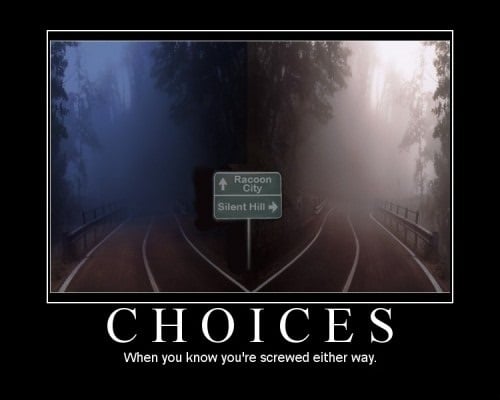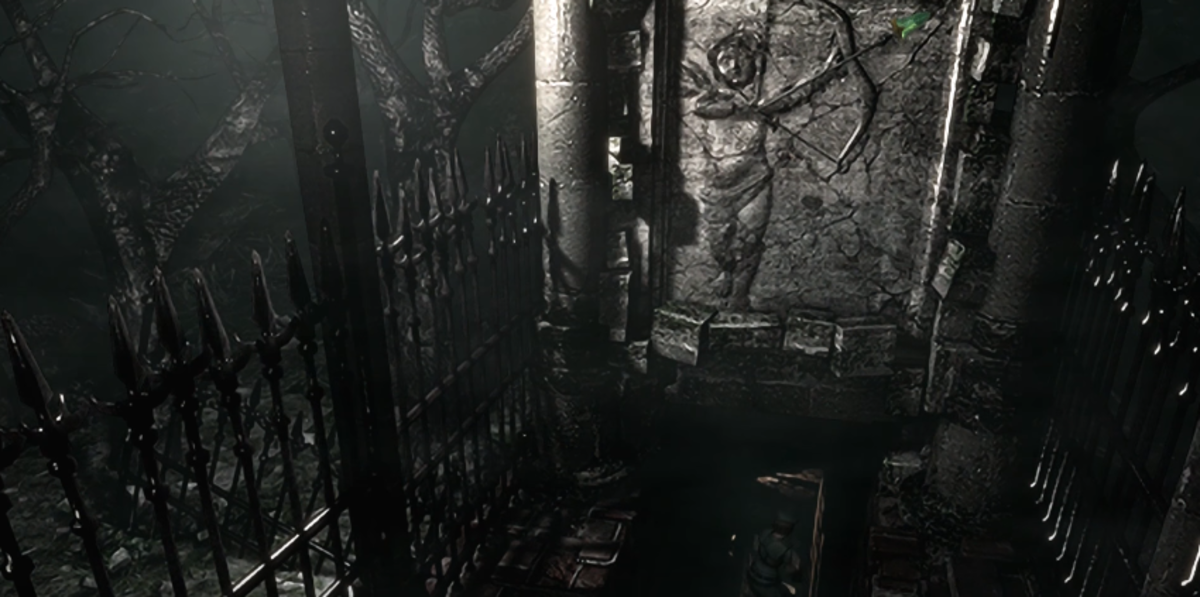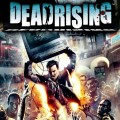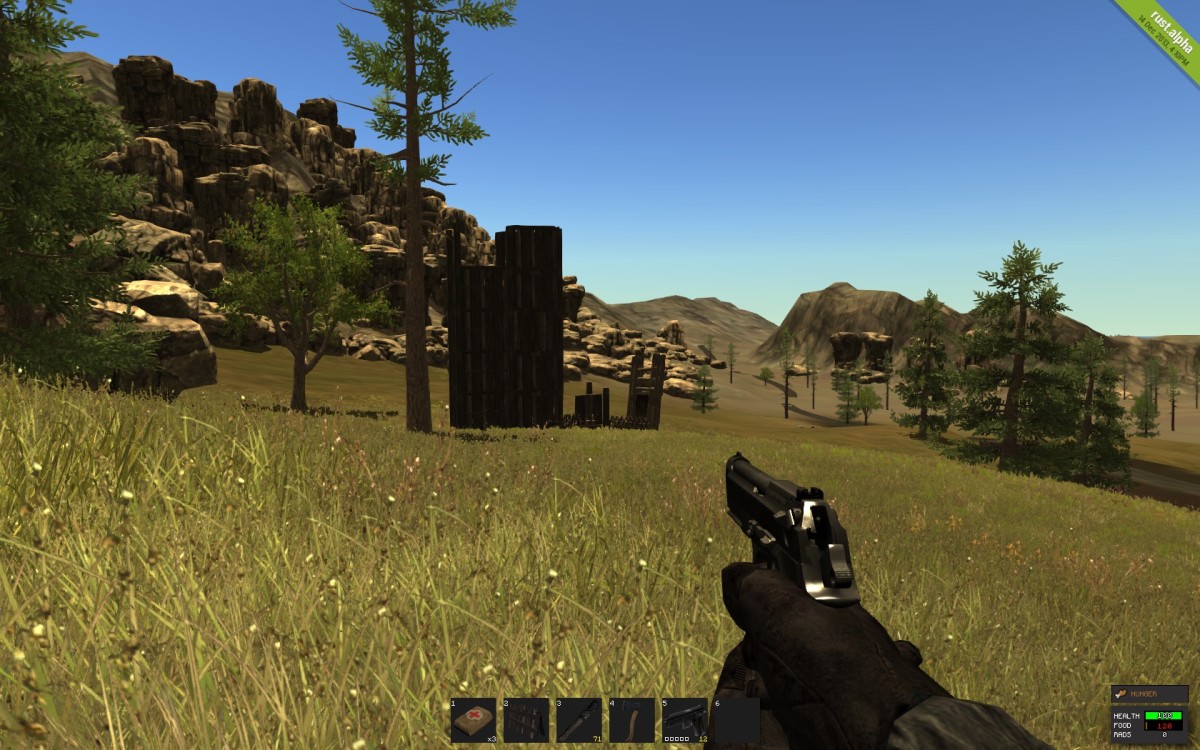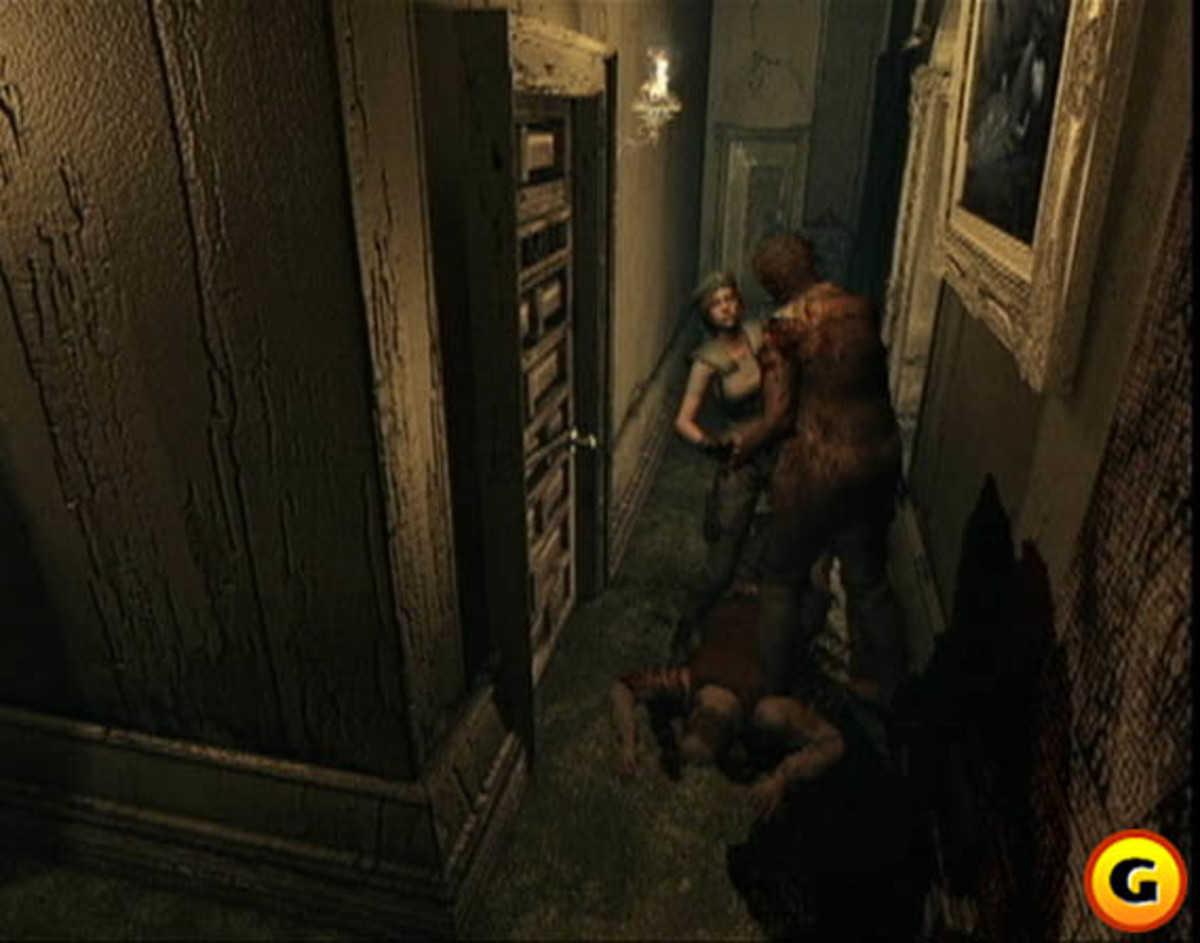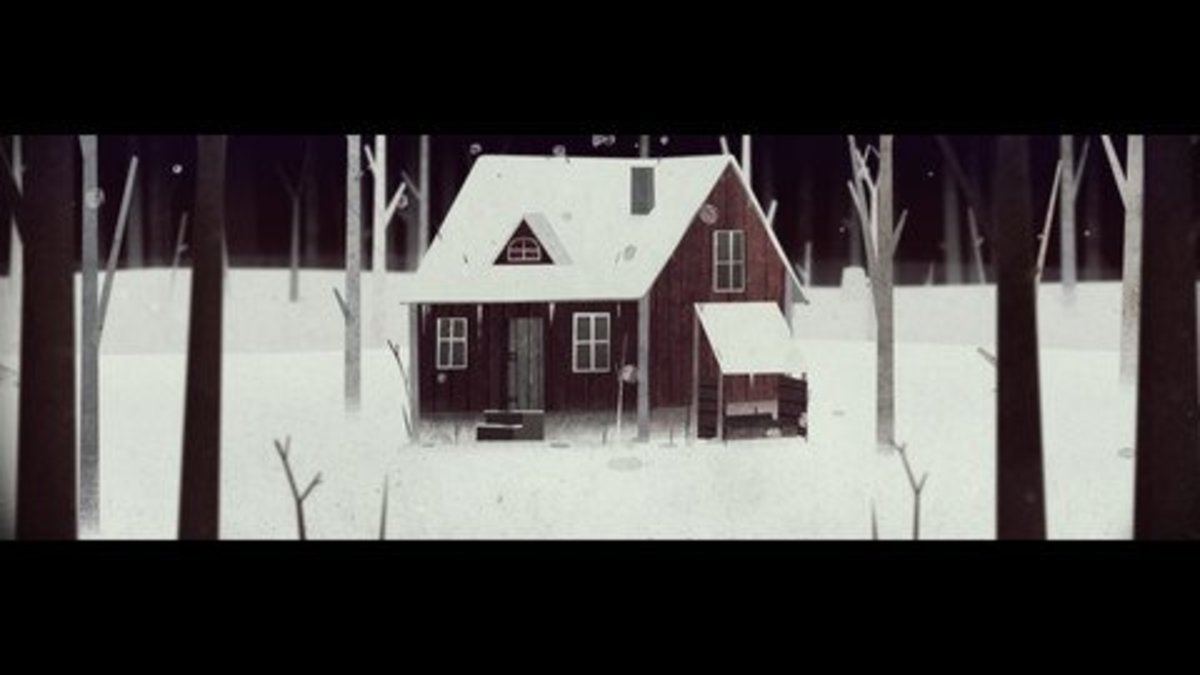Saving Survival Horror: Evolving the Essence of the Genre
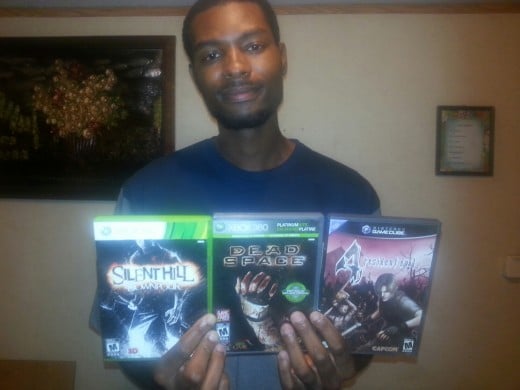
Survival horror stands on the edge of a cliff, a heavy weight threatens to pull it over the edge, the fans pulling in the opposite direction. In the 90s, the world was graced with Dino Crisis, Silent Hill, Parasite Eve, and Resident Evil, and found them as enjoyable as a flesh buffet to a zombie horde. As the years progressed, Resident Evil 4 and Dead Space received applause for evolving the genre, yet they simultaneously placed Survival Horror at its cliff, the industry desiring to push in a direction believed more profitable and away from the qualities that initially drew fans. Those loving a game giving them the creeps pull in one direction, while those loving what-makes-money weigh in the other. The key to success won't lie in one group overpowering the other, but in the industry and the fans working together. Survival Horror can be saved by understanding how the industry sees the lost genre and what ingredients attract the dedicated fanbase.
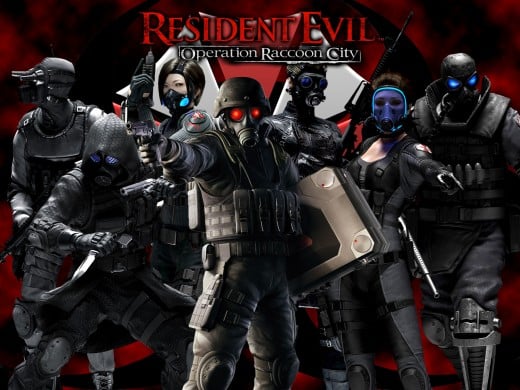
Why Survival Horror Scares the Industry
Ironic, isn't it? The genre of living nightmares scares the pants off the video game industry, their pockets to be more precise. Shooter games sit beside Sports as the top money earning genre of the industry. Having Chris Redfield tackle zombies on a football field would be weird, so why not give the man a machine gun and shoot those zombies to generate profits from Survival Horror and Shooter fans? Unfortunately, Charles M. Schwab, the once renowned steel magnate, put it simple when he said, “A man who trims himself to suit everybody will soon whittle himself away." People purchased Resident Evil 5 not for its more fast-paced action, but for dedication to the series. Games like Dead Space 3 and Resident Evil 6, despised by fans and hurt by sales, weren't as lucky. If Capcom, Konami, and other developers want to maintain their sales advantage while appeasing fans, they should revolutionize the essence of Survival Horror, rather than allowing another genre's elements to overshadow its charm. After all, gamers have seen the tragedy that is Resident Evil: Operation Raccoon City, the ultimate end of what a Horror game turned Shooter can become. Not even the Umbrella Corporation would condone such an experiment.
Balance between Boredom and Excess
Fans of Survival Horror desire terror, but the developers want action that branches the fan base. Therefore, the future of the beloved genre lies in giving games with periods of silent heart-thumping alongside moments of blockbuster action. Resident Evil 4 perfected the mix, and its system should be advanced to evolve the genre. Examples at the opposite ends of the spectrum do exist, and both failed to deliver to the fans. Silent Hill Downpour maintained the still-creepiness and puzzles enthusiasts loved, yet the action remained stale at times, leaving the player with “Nothing to fear but fear itself.” Resident Evil 5, disappointing its dedicated with fast-paced, monster blasting, sacrificed its dread for the action of a shooter and had no sense of horror. On the other hand, Resident Evil 6 tried to appeal to both Shooter and Survival Horror fans, but it appeared bi-polar by its unwillingness to find balance in a single campaign.
Mastering Balance: What Should Never Be Lost
As Survival Horror progresses towards evolution and uncertainty, key elements that keep the dedicated fan base should remain at the games' cores.
Music Setting Atmosphere; Not Foreshadowing Danger
Nothing frightens a player more than walking into a dark, eerie room, where the music changes from nonexistent to an ear-to-heart crawling tone. However, when the scary music appears every time one encounters a monster, it takes the surprise and unexpected terror from the encounter. The music in Survival Horror serves to unsettle players, to fill them with terror concerning the potential doom, but fails the task when serving as a blaring horn to warn the players of danger.
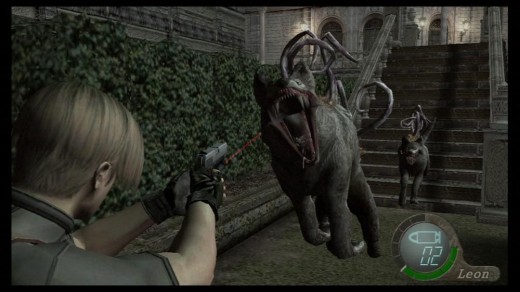
Pop-Up Scares Threatening; Not Cheap Scare Tactics
The original Dino Crisis has one of the greatest surprise scares. The player enters a large room, a large window, an injured scientist, and a few scattered desks all that remain inside. The scientist, on his last breath, gives the player a key item and to open a safe on the other side of the room. As the player walks to the exit, a T. Rex breaks the windows. If one runs too close to the window to escape, it's game over; the same is true if one doesn't run at all. The classic pop-up scare achieves its effect when immediate danger follows the surprise, even more so when the fright simultaneously contains the danger. Unfortunately, over saturation of the pop-up scare reduces its effect, making it expected, as many fans saw as the sole fault in the first Dead Space.
Take Notes: T. Rex Surprise > Necromorph Bombardment, Any Day
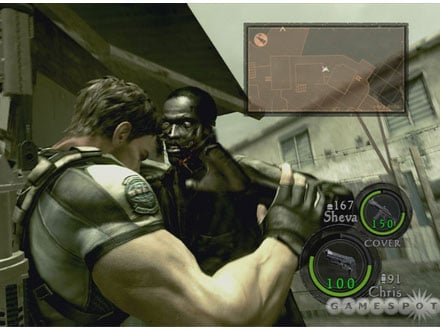
Weapons Providing Tension; Not an Endless Stockpile
Arguably, the excess of ammunition caused Survival Horror's descent into a genre other than itself. Rationing limited bullets and weapons added tension and a different element of critical thinking to the original Resident Evil, Parasite Eve, and Dino Crisis. Players decided between fight or flight when facing enemies, not knowing when supplies needed for the next encounter would appear. With an endless number of bullets, the large variety of weapons, and the abundance of healing items, one feels like Rambo in the newer Resident Evil and Dead Space titles, rather than a lost hero caught in a desperate situation. Silent Hill Downpour delivered weapon tension better than its competitors, providing guns with limited bullets and melee weapons that break after a set number of uses.
What Do You Think Is the Greatest Obstacle of Survival Horror Today?
Let's Work To Save Future Frights, For Future Nights
Survival Horror should not be sacrificed to create a game that simply sells, nor should it remain stagnant for nostalgic purposes. The fans need to understand the developers have bills to pay, just as the industry must learn if they displease their buyers, their games will collect dust on shelves. In order to create a game that sells as well as pleases, games like Resident Evil 4, a healthy mix of profit-generating action with horrifying thrills, serve as the paragon of balance. Finally, to keep the beloved genre from losing its way, the creators of horror games need to remember what qualities keep their fans happy, such as keeping their music from acting as a constant, enemy-encounter indicator, forbidding the abuse of surprise frights, and forbidding the ammunition and weapons available from transforming their product into a Shooter. No other genre like Survival Horror exists. The much adored club of games blends excitement, critical thinking skills, and a sense of fear that keeps those brave enough to lift the controller engaged and entertained. If the players and the game creators remain ignorant, or blatantly ignore, the needs of the other, or maintain a lackadaisical attitude to the predicament of their beloved games, then Survival Horror will die, and the world will lose one of the most original and entertaining concepts ever loved.
